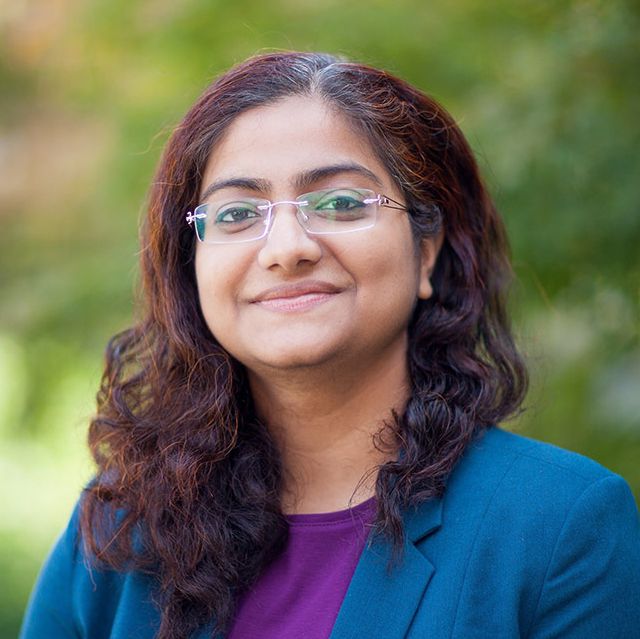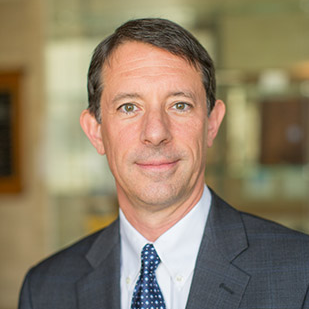In an October 15 story by Tom Simonite for Wired, computer science and engineering assistant professor Aparna Bharati, who works on image forensics, commented on adoption hurdles new tools to tag smartphone images and videos with standardized info on time and location are likely to face:
Bharati also expects any tagging tools built on the authenticity standard to come under attack. Attempts to limit disinformation online often propel bad actors such as government-backed trolling groups to look for ways to subvert those controls. “We have to try to think from the adversary’s perspective,” Bharati says.
Read the full story, "This Camera App Is Designed to Fight Fake News," on Wired.
In an October 27 article by Sascha Brodsky for Lifewire News, computer science and engineering professor Dan Lopresti, an expert on the security of voting systems, commented on the use of voting machines purchased secondhand in computer security research:
"Computer security researchers have been studying machines obtained this way for years," he said in an email interview. "It's possible to get a lot of information by studying a machine like this, although typically the observations are somewhat indirect because we don't have access to the source code and because the voting machine itself is just one component in the election system."
Read the full story, "Voting Machines on eBay Could Pose Security Risk," on Lifewire.


